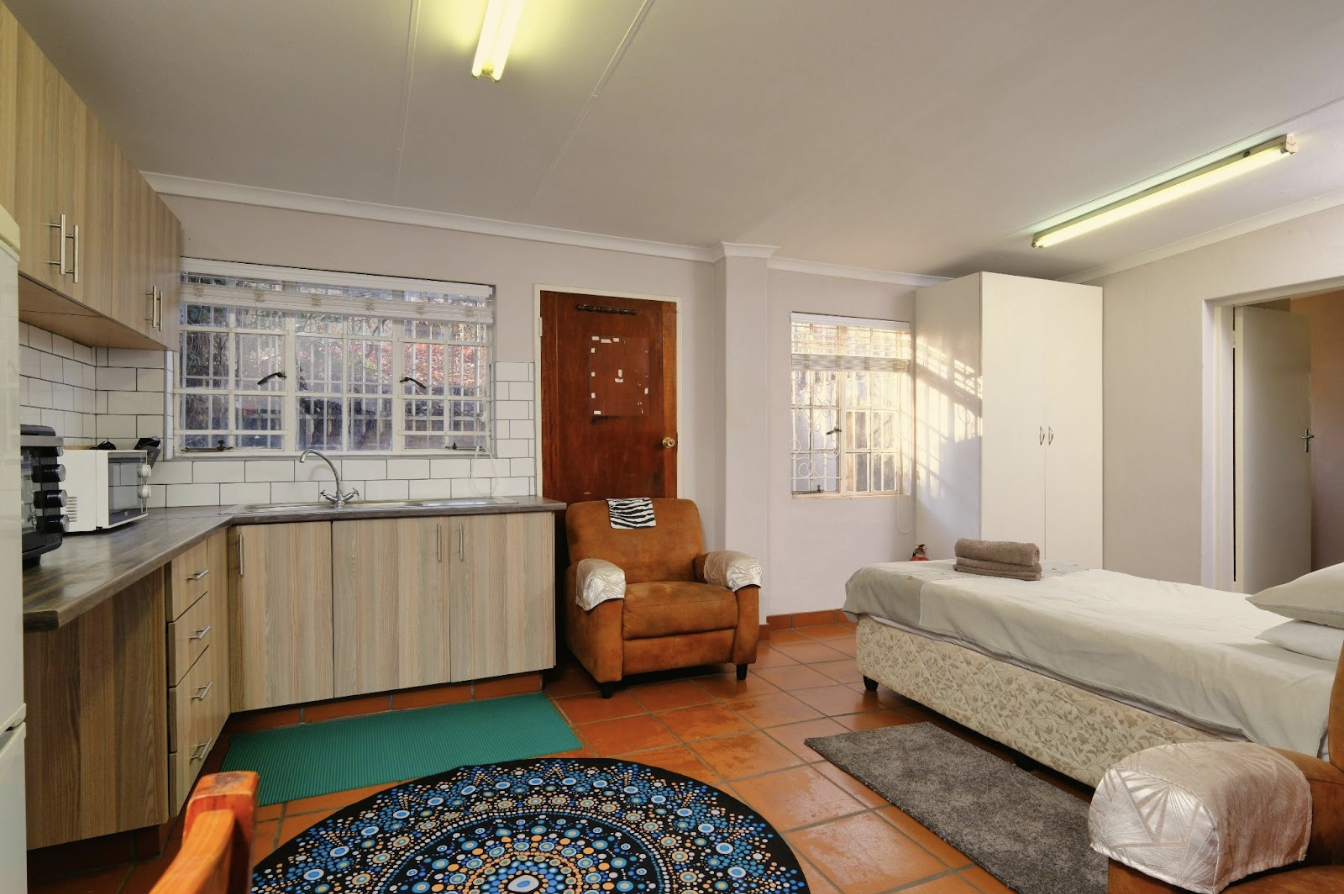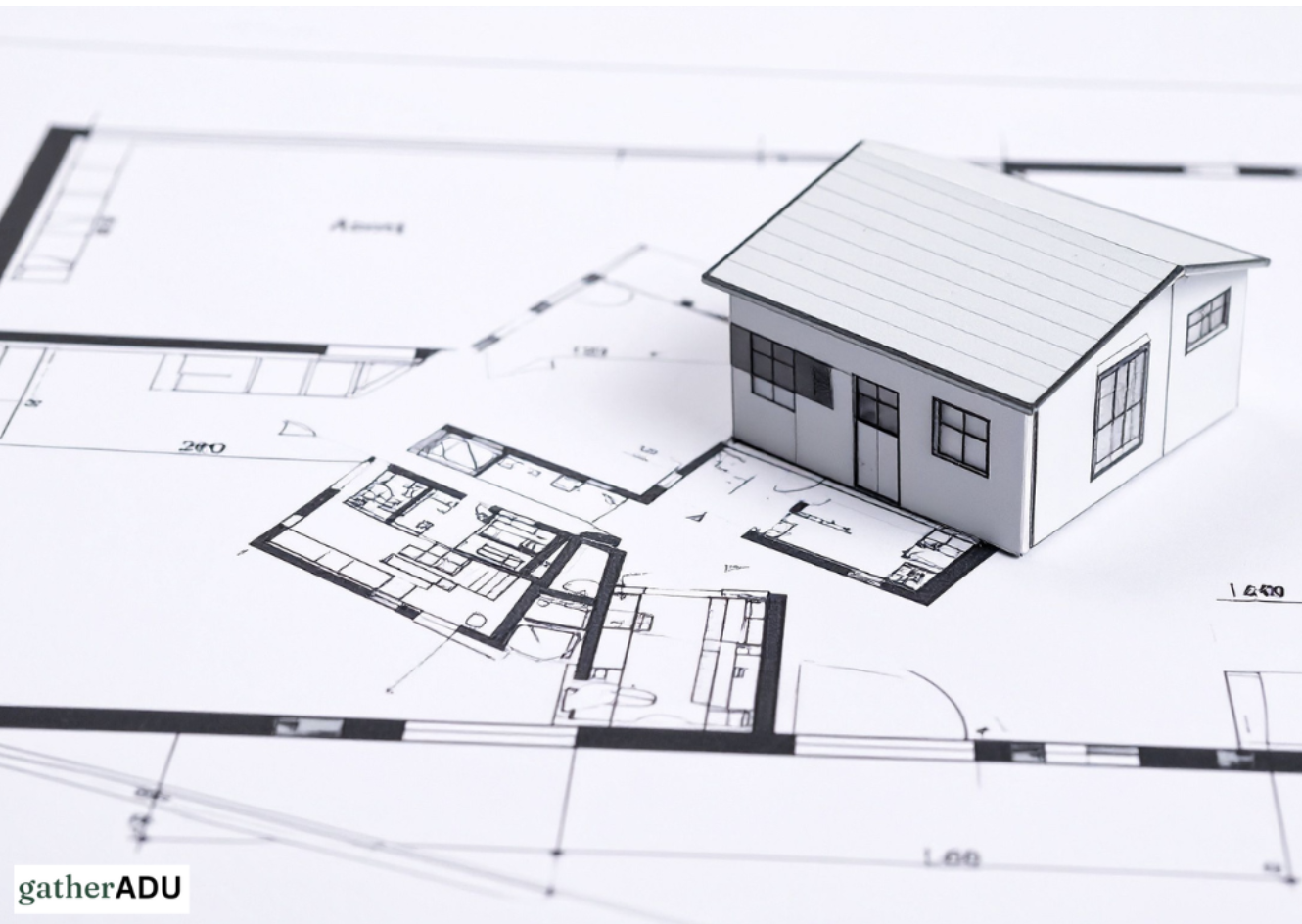In recent years, Accessory Dwelling Units (ADUs) have become an increasingly popular solution for homeowners looking to maximize their property’s potential. Whether for rental income, accommodating family members, or creating a private workspace, ADUs offer versatile living options. If you are considering building an ADU in Lawndale, California, hiring the right contractor is crucial to ensuring a smooth and successful project. This article will provide valuable insights into what you need to know about hiring an ADU contractor in Lawndale, covering everything from qualifications and licensing to budgeting and project management.
Understanding ADUs
What is an ADU?
An Accessory Dwelling Unit (ADU) is a secondary housing unit on a single-family residential lot. ADUs can take various forms, including detached structures, attached units, or conversions of existing spaces like garages or basements. They typically have their own kitchen, bathroom, and living area, providing complete independence for the occupants.
Benefits of Building an ADU
Building an ADU offers numerous benefits:
- Additional Income: Renting out an ADU can provide a significant income stream, helping offset mortgage payments or other expenses.
- Family Accommodation: ADUs provide a solution for multi-generational living, allowing family members to live nearby while maintaining their privacy.
- Increased Property Value: An ADU can increase the overall value of your property, making it more appealing to future buyers.
- Flexibility and Versatility: ADUs can serve various purposes, such as guest houses, home offices, or hobby spaces.
- Addressing Housing Shortages: ADUs contribute to the housing supply in urban areas, helping alleviate housing shortages.
The Importance of Hiring an Experienced ADU Contractor
Hiring a qualified ADU contractor is essential for a successful project. A skilled contractor will ensure that the construction meets local building codes, adheres to safety standards, and is completed on time and within budget. Below are some key reasons why hiring an experienced ADU contractor is crucial:
Expertise and Knowledge
ADU contractors have specialized knowledge and expertise in building regulations, zoning laws, and construction processes specific to ADUs. They understand the unique challenges that may arise during construction and can navigate potential obstacles effectively.
Quality Assurance
An experienced contractor will prioritize quality workmanship, ensuring that the ADU is built to last. They will have established relationships with reliable subcontractors and suppliers, ensuring that only high-quality materials and skilled labor are used.
Time Management
Building an ADU can be a time-consuming process. A professional contractor will have the experience to manage the project timeline efficiently, minimizing delays and ensuring timely completion.
Compliance with Local Regulations
Lawndale has specific regulations regarding ADUs, including zoning laws, building codes, and permit requirements. A knowledgeable contractor will ensure that your ADU complies with all local regulations, avoiding potential legal issues down the line.
Budget Management
An experienced contractor will help you create a realistic budget for your ADU project. They can provide accurate estimates for materials, labor, and other associated costs, helping you avoid unexpected expenses.
Schedule a free appointment with our ADU experts
Steps to Hiring an ADU Contractor in Lawndale

1. Determine Your ADU Goals
Before starting your search for an ADU contractor, it’s essential to define your goals for the project. Consider factors such as the size of the ADU, its intended use (rental, family accommodation, etc.), and your budget. Having a clear vision will help you communicate your needs effectively to potential contractors.
2. Research Local Contractors
Once you have defined your project goals, begin researching local ADU contractors in Lawndale. Use online resources, such as local business directories, reviews, and social media platforms, to compile a list of potential candidates. Ask for recommendations from friends, family, or neighbors who have experience with ADU projects.
3. Check Credentials and Licensing
Verify that each contractor on your list has the necessary licenses and credentials to operate in California. In California, contractors must be licensed by the Contractors State License Board (CSLB). You can check a contractor’s license status on the CSLB website.
4. Review Portfolios and References
Examine the portfolios of potential contractors to assess their previous work. Look for projects similar to your ADU vision. Additionally, request references from past clients to gauge their satisfaction with the contractor’s work and professionalism.
5. Interview Potential Contractors
Schedule interviews with your top choices to discuss your project in detail. Use this opportunity to ask questions about their experience, approach to project management, and how they handle challenges. Pay attention to their communication skills and whether they listen to your ideas and concerns.
6. Request Detailed Estimates
Ask for written estimates from the contractors you are considering. A detailed estimate should include a breakdown of costs, timelines, and payment schedules. This information will help you compare contractors and make an informed decision.
7. Discuss Permits and Regulations
Ensure that the contractor is familiar with local ADU regulations and the permit process in Lawndale. They should be able to guide you through obtaining the necessary permits and approvals before construction begins.
8. Review Contracts Carefully
Once you have chosen a contractor, review the contract thoroughly before signing. Ensure that it includes all project details, such as timelines, payment schedules, and warranties. If you have any concerns or questions, address them with the contractor before moving forward.
9. Monitor the Project
After construction begins, maintain open communication with your contractor. Regularly check in on the progress of the project and address any issues that arise promptly. Staying involved will help ensure that the project stays on track and meets your expectations.
Schedule a free appointment with our ADU experts
Key Considerations for Building an ADU in Lawndale
Zoning and Building Regulations
Before starting your ADU project, familiarize yourself with Lawndale’s zoning and building regulations. In California, the state has passed laws to promote ADUs, making it easier for homeowners to build them. However, local jurisdictions may have specific requirements that must be adhered to. Key considerations include:
- Zoning Compliance: Ensure your property is zoned for an ADU. Lawndale has specific zoning regulations that dictate where ADUs can be built.
- Setback Requirements: Understand the setback requirements for your property. Setbacks refer to the distance a structure must be from property lines. This will affect the placement of your ADU.
- Height Restrictions: Lawndale may impose height restrictions on ADUs, so it’s essential to understand these limits to avoid complications during construction.
- Design Guidelines: Familiarize yourself with any design guidelines that may influence the appearance of your ADU. Some jurisdictions require ADUs to match the architectural style of the primary residence.
Financing Your ADU Project
Building an ADU requires a financial investment, and understanding your financing options is crucial. Some potential financing methods include:
- Home Equity Loans: If you have built up equity in your home, a home equity loan can provide the funds needed for your ADU project.
- Construction Loans: These loans are specifically designed for construction projects and can provide funding for building an ADU.
- Cash Savings: If you have sufficient savings, paying for the project upfront can save you from interest payments.
- Grants and Incentives: Research local or state grants and incentives that may be available for ADU construction. Some programs are designed to encourage homeowners to create additional housing units.
Design Considerations
The design of your ADU is a critical aspect of the project. Consider the following factors when designing your ADU:
- Size and Layout: Determine the appropriate size and layout based on your intended use. A smaller, efficient layout may work well for rental units, while larger units may be needed for family accommodations.
- Sustainability Features: Incorporating sustainable features such as energy-efficient appliances, solar panels, and rainwater harvesting can enhance the value of your ADU and reduce long-term costs.
- Accessibility: If the ADU will be used by elderly family members or individuals with disabilities, consider incorporating universal design principles to ensure accessibility.
- Aesthetics: Aim for a design that complements the existing home and surrounding neighborhood. This can enhance curb appeal and increase property value.
Understanding the Construction Process
Familiarizing yourself with the construction process can help you manage expectations and avoid surprises. The general steps involved in constructing an ADU include:
- Planning and Design: Work with your contractor to finalize plans and obtain necessary permits.
- Site Preparation: This includes clearing the site, excavating for the foundation, and preparing utilities.
- Foundation Work: A solid foundation is essential for the stability of the structure. This phase may involve pouring concrete or laying block foundations.
- Framing: The framing stage involves building the structure of the ADU, including walls, roof, and floors.
- Utilities Installation: Plumbing, electrical, and HVAC systems will be installed during this phase.
- Interior and Exterior Finishing: This includes drywall, flooring, painting, and exterior finishes.
- Final Inspections: Once construction is complete, final inspections will be conducted to ensure compliance with building codes and regulations.
- Moving In: After passing inspections and obtaining a certificate of occupancy, you can move into your new ADU.
Common Challenges and How to Overcome Them

Navigating Permitting Delays
One of the most common challenges when building an ADU is navigating the permitting process. Delays can occur due to incomplete applications or backlogs at the local planning department. To mitigate this issue:
- Work closely with your contractor to ensure all documentation is complete and accurate before submission.
- Follow up regularly with the planning department to check on the status of your permits.
Budget Overruns
Budget overruns can happen due to unforeseen circumstances, such as rising material costs or changes in project scope. To manage your budget effectively:
- Set aside a contingency fund (typically 10-20% of the total budget) to cover unexpected expenses.
- Maintain open communication with your contractor about any potential changes that may impact the budget.
Finding Qualified Subcontractors
Finding skilled subcontractors can be challenging, especially in a competitive market. To ensure quality work:
- Ask your contractor for recommendations based on their experience with reliable subcontractors.
- Verify the qualifications and references of any subcontractors before hiring them.
Closing Remarks
Building an ADU in Lawndale can be a rewarding investment, providing additional income, accommodating family members, and increasing property value. However, the success of your project largely depends on hiring the right ADU contractor. By understanding the key considerations, the construction process, and potential challenges, you can navigate your ADU project with confidence.
As you embark on this journey, remember to define your goals, conduct thorough research, and communicate openly with your contractor. With careful planning and the right expertise, your ADU can become a valuable addition to your property, enhancing your living space and offering new opportunities.



